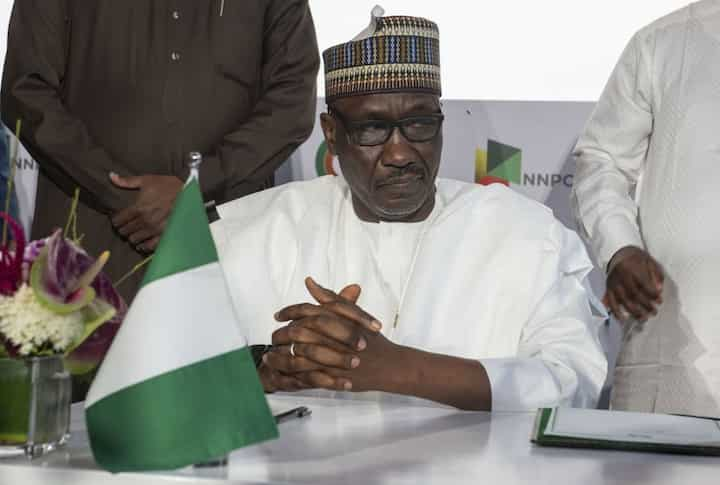Nigerian National Petroleum Company Ltd., has attributed the increase in the price of Premium Motor Spirit (PMS) also known as petrol to what it called “market realities.”
The company’s Group Chief Executive Officer, Malam Mele Kyari, stated this in an interview with journalists shortly after a private meeting with the Vice President, Kashim Shettima, at the Presidential Villa, Abuja, on Tuesday.
He explained that the increase in the price of PMS has nothing to do with supply as there is robust supply of the product in the country to last 32 days.
”There is no supply issue completely. When you go to the market you buy the product, you come to the market and sell it at prevailing market price. There is nothing to do with supply, we don’t have supply issues.”
”What I know is that the market forces will regulate the market, prices will go down sometimes and sometimes, it will go up but there will be stability of supply.”
He assured Nigerians that the policy was the best way for the country going forward.
On his part, Farouk Ahmed, Chief Executive Officer, Nigerian Midstream and Downstream Petroleum Regulatory Authority (NMDPRA), said the authority doesn’t set price of the product but it was market determined.
”As a regulator, you know I told you back in May we are not going to be setting prices, the market will determine for itself and as you saw back in early June when prices came out, it was based on the cost of importation plus other logistics of distribution and of course, the profit margin by the importer.
”This market is deregulated, it is open to all participants. As I mentioned also yesterday (Monday) when I was in Lagos, we have about 56 marketing companies that have applied for and obtained license to import.
”Out of those, 10 of them have indicated to supply within the third quarter which is July, August and September. And out of those, already we received some cargoes from some of these Marketers.
Prudent Energy, AYM Shafa and Emadeb Cargo is arriving tomorrow (Wednesday), So this is like just an encouragement to see that the market is liberated and everyone is free to import so long as you are working within the framework especially in terms of quality.”









